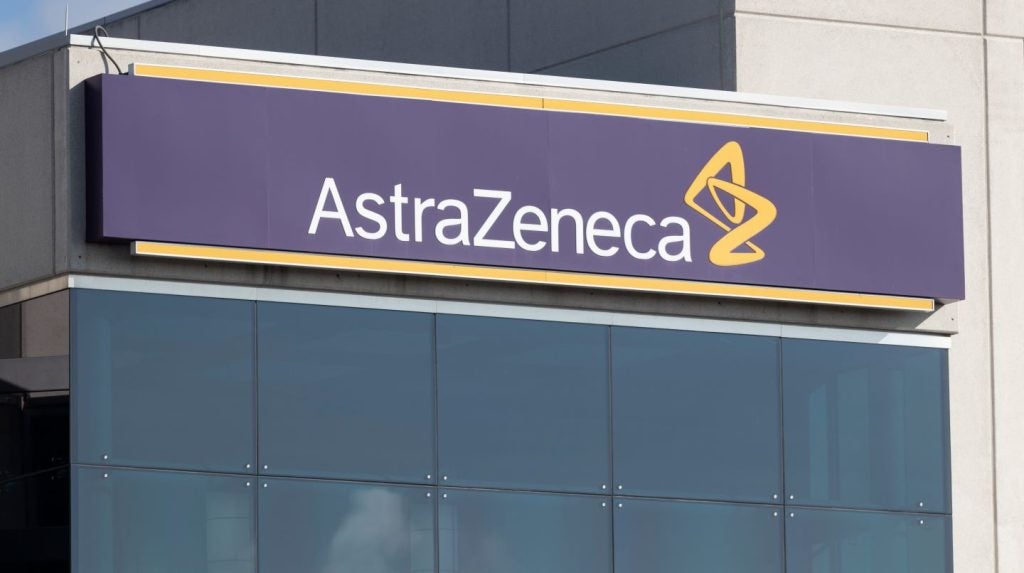The Chinese National Medical Products Administration (NMPA) has granted approval for AstraZeneca’s Calquence (acalabrutinib) to treat chronic lymphocytic leukaemia (CLL) or small lymphocytic lymphoma (SLL) in adults.
A selective inhibitor of Bruton’s tyrosine kinase (BTK), Calquence is indicated for use in CLL or SLL patients who have received a minimum of one treatment previously.
The approval was based on positive data from two clinical trials; namely, the Phase III ASCEND trial of Calquence in relapsed or refractory (R/R) CLL patients and a Phase I/II trial in R/R CLL patients in China.
According to the data from the Phase I/II trial, treatment with Calquence offered an overall response rate of 83.3% in study subjects.
ASCEND findings showed that 88% of trial subjects were alive and free from disease progression after 12 months following treatment with Calquence.
AstraZeneca oncology business unit executive vice-president Dave Fredrickson said: “The approval is another step towards our goal of making Calquence available to as many patients as possible and offering physicians a treatment option with a well-established efficacy and tolerability profile.
“Patients with chronic lymphocytic leukaemia are often older and dealing with significant comorbidities, and tolerability is a critical factor in their treatment.”
Calquence is currently available for treating CLL and SLL in the US and Japan while it is indicated for CLL in the R/R and treatment-naïve patients in the EU and other countries globally.
Apart from CLL, the product is also being analysed by the company to treat multiple B-cell blood cancers; namely, mantle cell lymphoma (MCL), diffuse large B-cell lymphoma, Waldenström’s macroglobulinaemia and marginal zone lymphoma, among others.
In March 2023, the Chinese regulator granted conditional approval for Calquence for the treatment of MCL in adults who have received a minimum of one earlier therapy.














